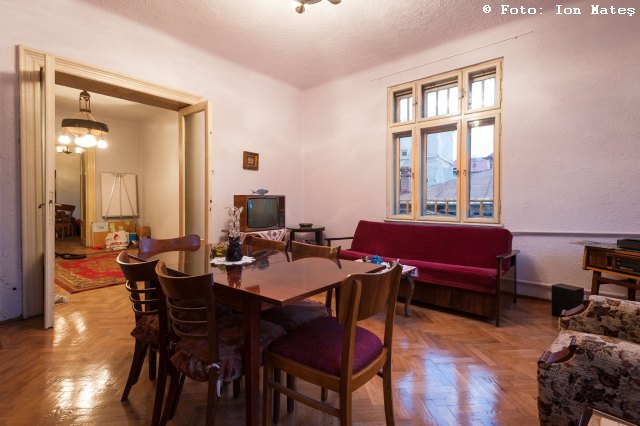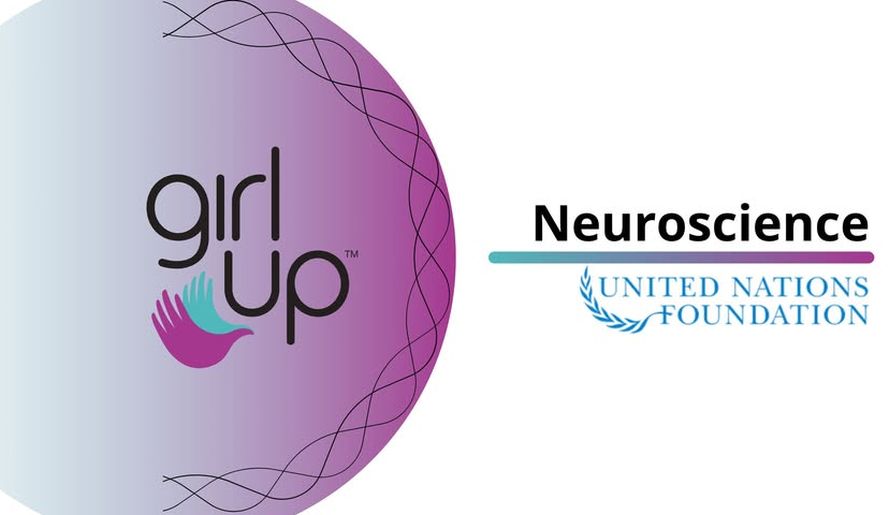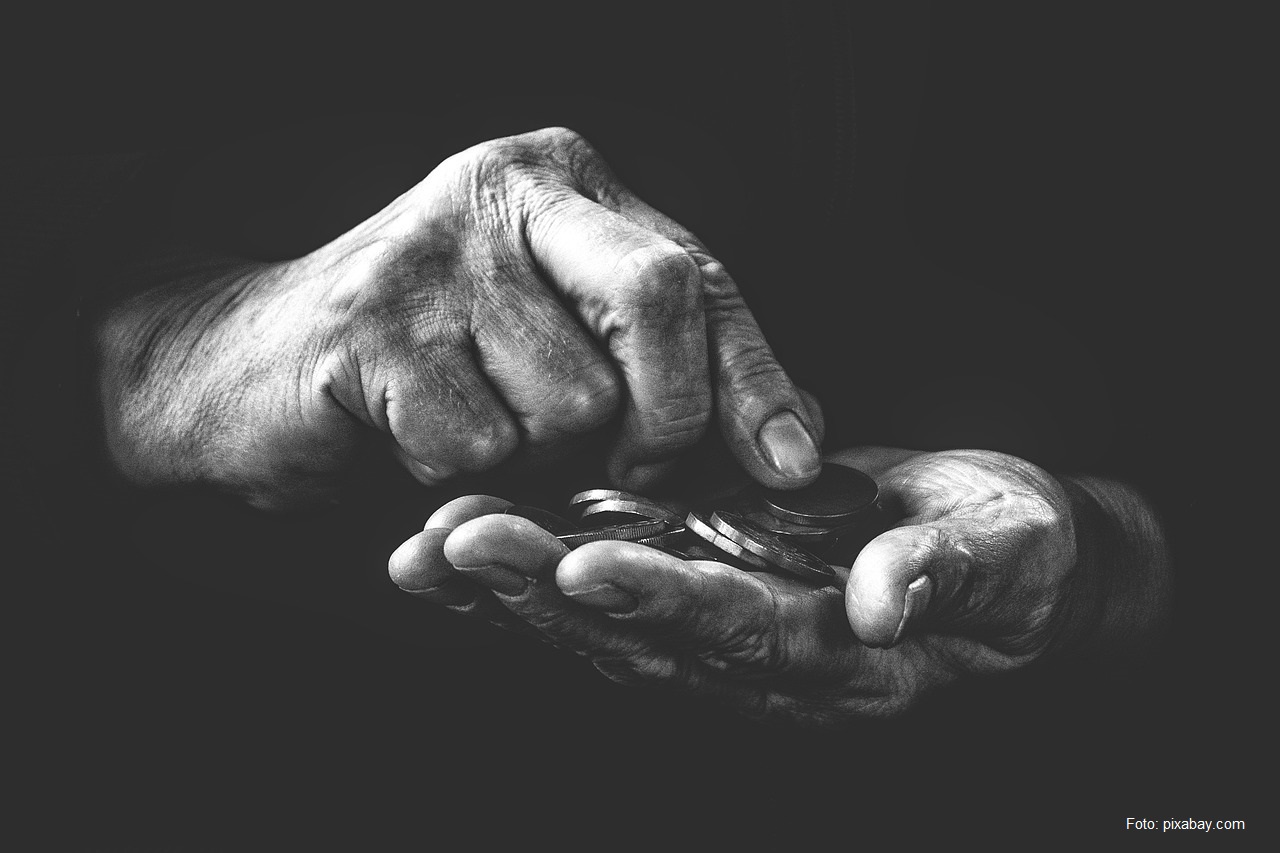Reenacting the 1980s
“80east, a project to recreate peoples living conditions in the 1980s for educational purposes.

Christine Leșcu, 27.02.2019, 11:57
This year, in December, we will be
celebrating 30 years since the 1989 anti-Communist Revolution in Romania, a
time for remembrance, recollection and commemoration and, maybe, for nostalgia.
Also, according to the Funky Citizens Association, this year is also a good
opportunity to chase away civic apathy. Starting from the principle that children
must go through several experiences in order for the educational process to be
memorable, especially when it comes to civic education, the Funky Citizens
Association started a project titled 80east, which seeks to recreate people’s
living conditions in the 1980s. They equipped an apartment with everything that
people used to have in their homes back then: from furniture to appliances and
decorative items.
The young visitors to this apartment
can feel first-hand the difference between the many things people did not
benefit from back then and the rights they are enjoying today. In this civic
education lab, high-school students are explained the functioning of the
current democratic system to help them become aware of their rights and
obligations and how they can be part of the decision-making process.
Inaugurated early this year, the 1980s apartment was conceived as a mini-museum
of the daily life of people living in the final years of communism in Romania,
and also as a civic education lab, as Cosmin Pojoran from the Funky Citizens
Association told us:
In this apartment, children undergo
an interactive educational experience. We start from stories about people’s
daily lives. They may have heard at home about Ceausescu or Dej but they do not
know about people’s personal stories. In fact, this is what we want to highlight:
how decisions are made and how they influence people’s lives. At first, we
played a little bit with the idea of a museum, that is why the apartment has a
nostalgic air. It would be easy to fall into a cult for the past, but this is
only the first layer. Children who come to us are in high-school, so they are
around 18 and feel nothing of the nostalgia experienced by those who lived through
those times. We have also set the goal of creating a bridge between
generations, between these children and their parents and grandparents. We want
them, after they visit us, to go home and talk about communism with their
relatives.
Interactivity is the main teaching
method in the 80east apartment, as Anabella Costache, from the Funky Citizens
Association, told us:
Through playing and other personal
experiences, combined with historical and theoretical information, students get
to interact with that environment and draw their own conclusions, which doesn’t
really happen in school, in civic education or history classes. In fact, the
project started from us noticing that what is happening in school is too little
for the student to feel empathy for what happened back then, for the many
injustices committed then, and to know how to react if they see signs those
times are coming back.
After a walk around the apartment
and an immersion into the world full of shortages of the 1980s, the young
visitors are asked to carry out certain tasks, which help them differentiate
better between the past and the present. Here is Andrei Bulearca, from the
Funky Citizens Association, who contributed to the creation of these tasks:
These
tasks are intended to get on their nerves a little bit and make them feel
frustrated. For instance, one of the kitchen tasks was to find some foodstuffs
which were difficult to get during communism and which are nowhere to be found
in the kitchen. Obviously, they will never find those foodstuffs and in the end
we will talk about how frustrated they will have felt about not finding them.
It will be a pretext for talks on shortages and what people lacked back then,
about some of their rights which were violated back then, but which are being
respected now, in a democracy. Thus, by emphasising the contrast to the
shortages of the communist years, we underline the importance of democracy and
why it is important for young people to get involved in current political
life.
Thus the
association tries to complement the rather insufficient information on
communism which is provided to pupils in school. For instance, only one
optional course on the history of communism is included in the high-school
curricula, and it is taught to 11th and 12th graders.
However,
some of the students who participated in the 80east project already had some
background information from their families. Anabella Costache:
We’ve
been pleasantly surprised to see that many people were talking about the day of
December 17, 1989, a day that we mark in a special way, by playing a programme
broadcast by Radio Free Europe on that day. The recording we play should be
used by them when they are asked to write an encrypted letter to a friend in
the Federal Republic of Germany, demanding information on what was going on in
Romania, as Ceausescu was saying one thing on public television and they were
hearing an entirely different thing from Radio Free Europe. The letter had to
be in code because letters used to be opened by the Securitate [the former
political police], and the secrecy of correspondence was thus violated.
There is
undoubtedly a need for education and information on communism, proof of this
being some older opinion polls, as this topic hasn’t been researched in recent
times. For instance, in 2010, 44% of the Romanians said communism was a good,
but improperly implemented idea. More recently, in 2016, according to a
sociological survey, more than half of the respondents (52%) who were asked to
rate the performance of the communist party as compared to that of the current
parties answered better, whereas only 18% of them said worse. Over 40% of
the young respondents believed that the Romanian Communist Party was better
than the current parties.
Andrei Bulearca, 21, a student at the Faculty of Political Sciences has
an explanation for the opinions expressed by the generation he belongs to.
Andrei Bulearca:
As young people didn’t live through that period, that we don’t have a
recent history museum, and only a handful of courses on the history of
communism are taught in high school, they do not have sufficient sources of information
when it comes to communism. They consider however that it was better back then
because, in my opinion, they are actually showing a lack of confidence in Romania’s
current or recent governments.
People can overcome their disappointment with
the functioning of the system and of the current institutions only if the
current state of affairs is changed, and this can be achieved only through the
knowledge and civil involvement which the Funky Citizens Association seeks to
improve.






























